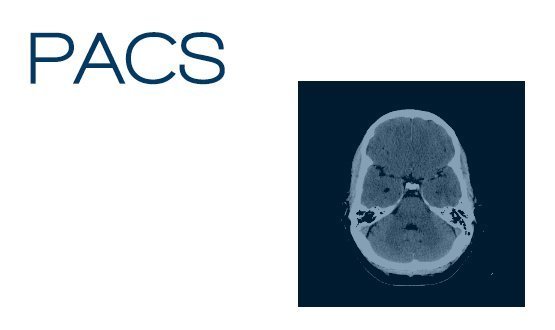Trusts that still need to exit national digital imaging contracts are on track to do so by June 2016, according to the Health and Social Care Information Centre.
In an email bulletin posted this month, the HSCIC said there are nine trusts in the North East, Yorkshire and Humber and East of England and East Midlands working to complete the safe data transfer necessary to exit the picture archiving and communications and radiology information systems contracts that were put in place by the National PACS Programme in 2004.
Trusts in the South, the North West and West Midlands, were the first to complete the exit from their national PACS and RIS contracts and transition to locally managed contracts.
The London PACS programme closed successfully this July. As part of the London transition 21 trusts signed up to take PACS services from BT, which was the local service provider for PACS in the national contract. Eight of those chose to take the RIS service as well.
According to the HSCIC, this was the largest data migration in the world to take place across a network with 1.3 petabytes stored in two data centres. This is the equivalent of 2.4 billion images.
The information centre said its PACS team is now focusing its efforts on supporting trusts in the NEEEM region to exit the national contract. The original expiration date for this region was 30 June 2015, but trusts were offered a 24-month extension to their existing contracts.
Most NEEEM trusts accepted the extension and two-thirds have now localised their data, according to the HSCIC’s bulletin.
In a comment to Digital Health News, the HSCIC said it is working closely with the remaining trusts and their LSP supplier Accenture to identify and address any issues at an early stage.
Lessons learned from other trusts in the region which have completed their exit have been posted on the HSCIC website, alongside guidance documents.
The HSCIC is also looking to learn from the relatively smooth London transfer. This includes a meeting of London trusts this month on the process, the outputs of which will also be posted on the HSCIC site for NEEEM trusts to access.
The main priorities for trusts still to exit include having enough local storage to allow for the return of their data from the central store, and that they have the infrastructure is in place to allow “safe and rapid transfer of the data.”
“We are confident that all trusts will safely exit by the deadline and continue to work closely with partners to manage this,” said the HSCIC.
Regarding the volume of data still to be transferred in the NEEEM region, the HSCIC said that in December 2014 there were 23.4 million studies to localise. Ten months on there are now 8 million studies to localise, putting the programme ahead of schedule.
The HSCIC has published a map showing information on the suppliers chosen by trusts across England.
There are a number of suppliers now in use in the NEEEM region. This includes Sectra at James Paget University Hospitals, Carestream at Gateshead Health, Fuji at Doncaster and Bassetlaw Hospitals, and several instances of Agfa, including North Tees and Hartlepool Hospitals and Hull and East Yorkshire Hospitals.

